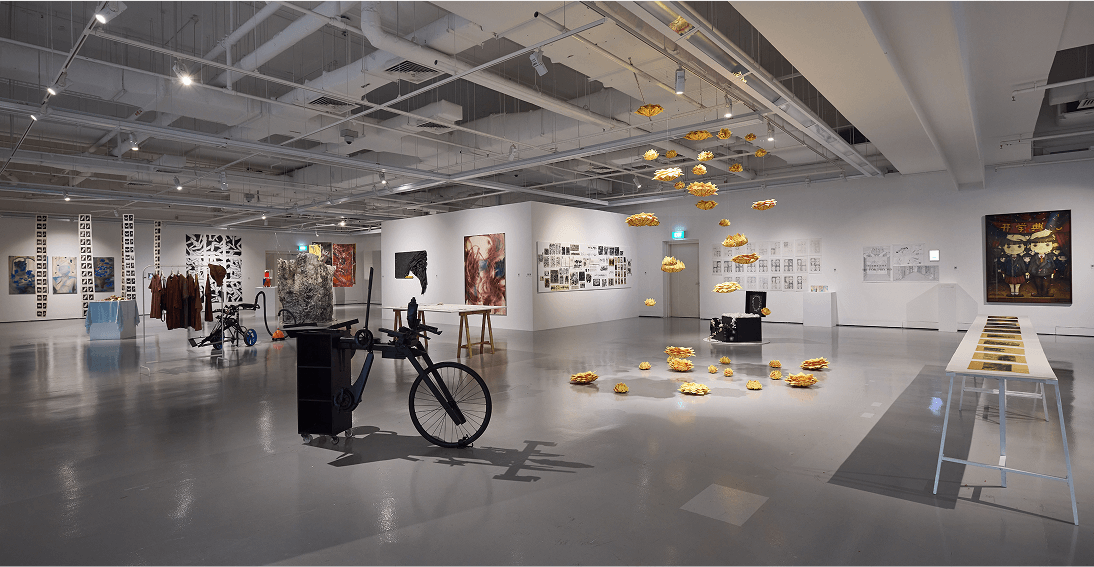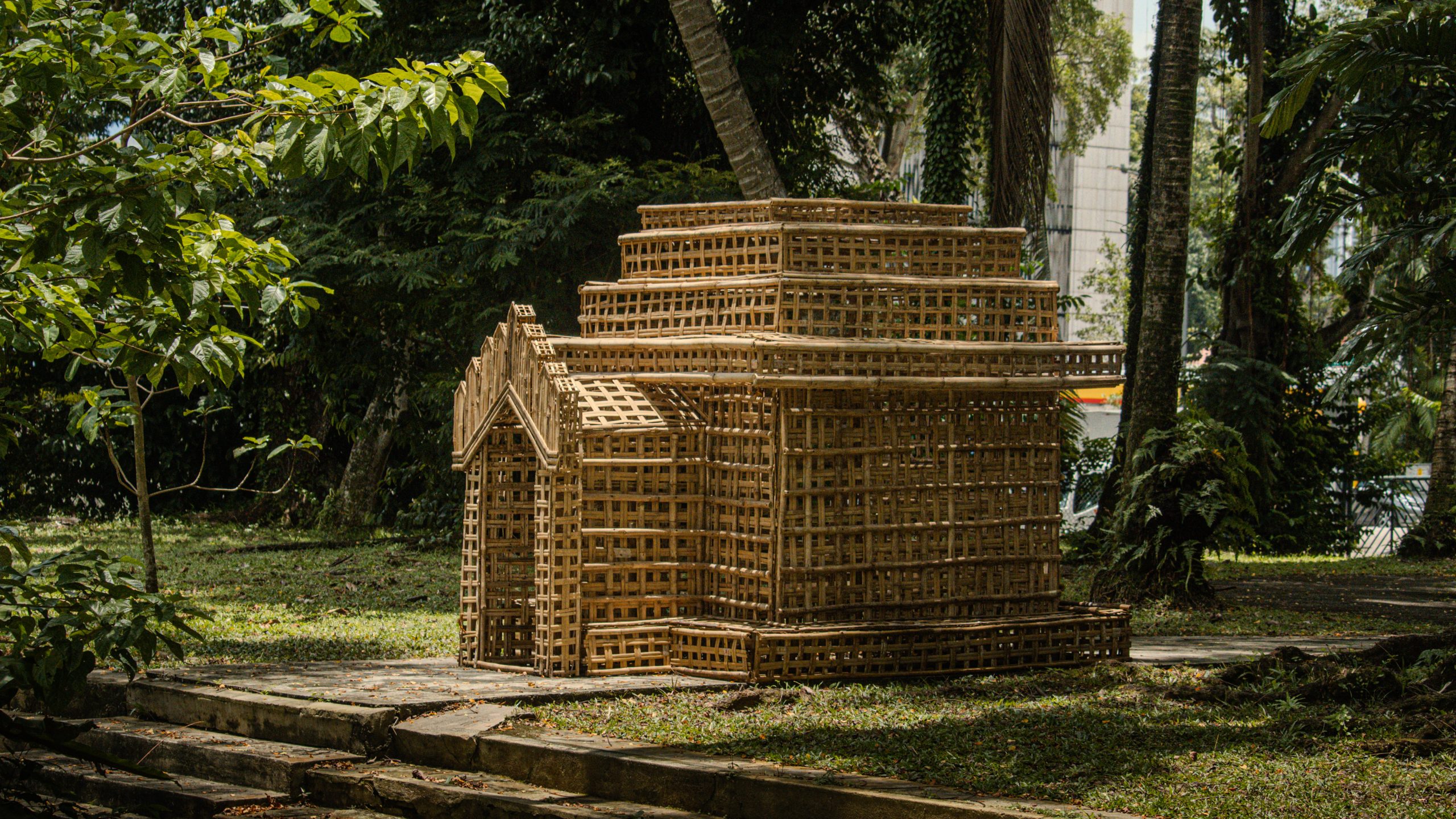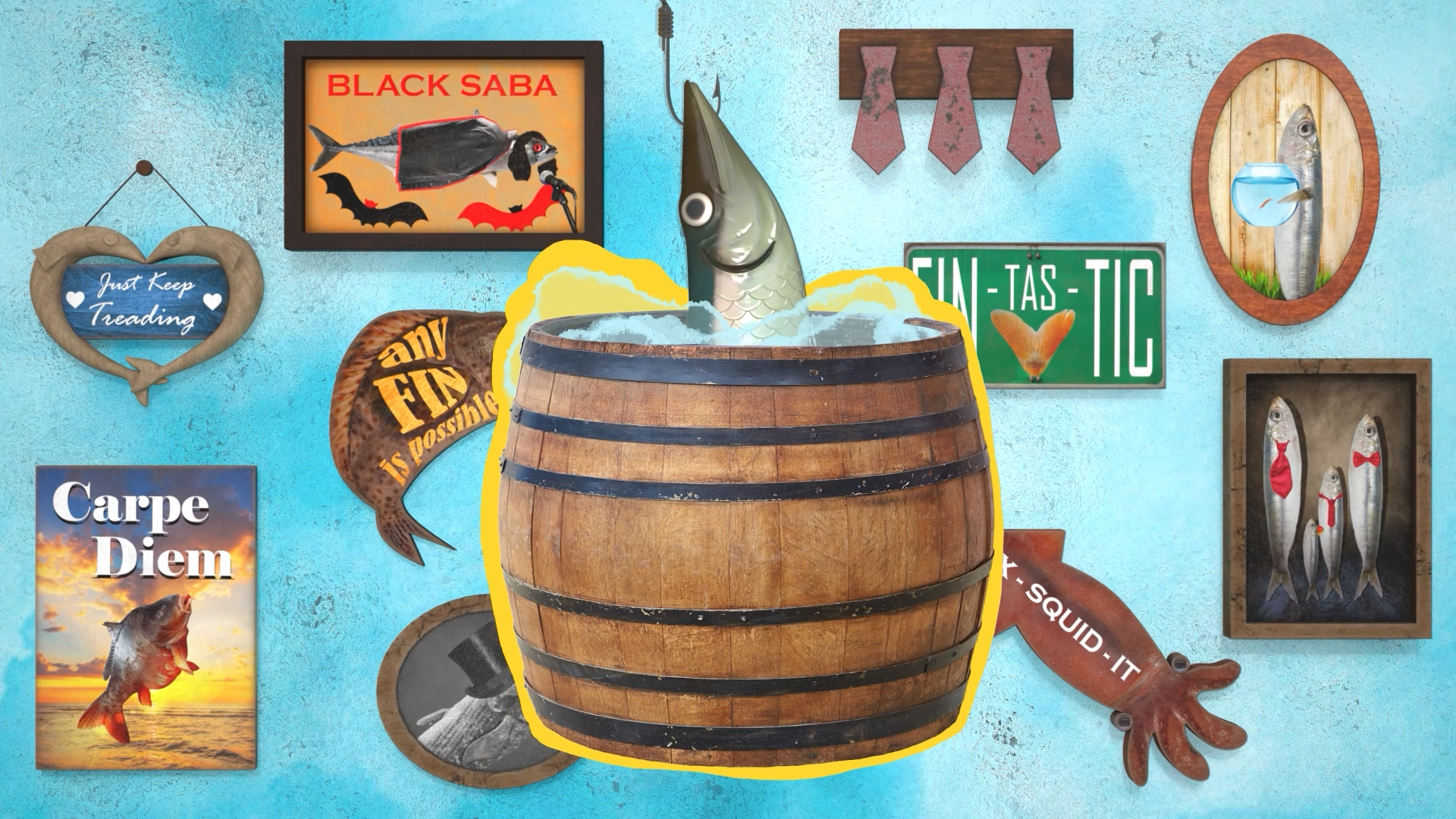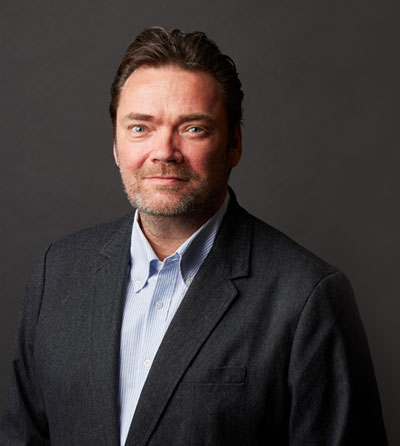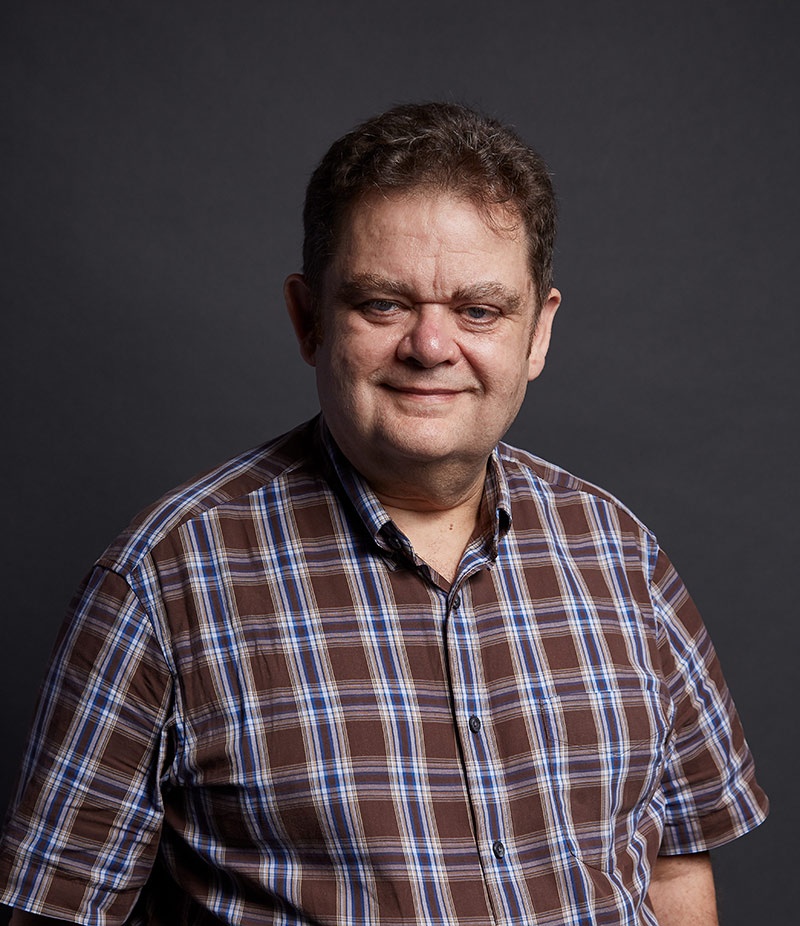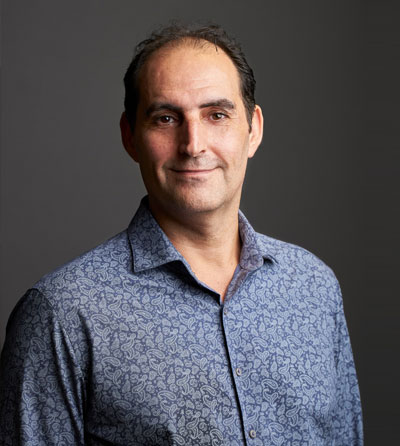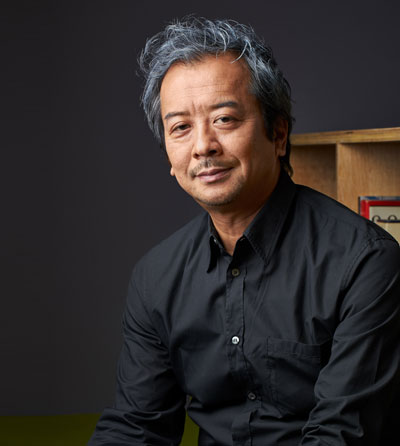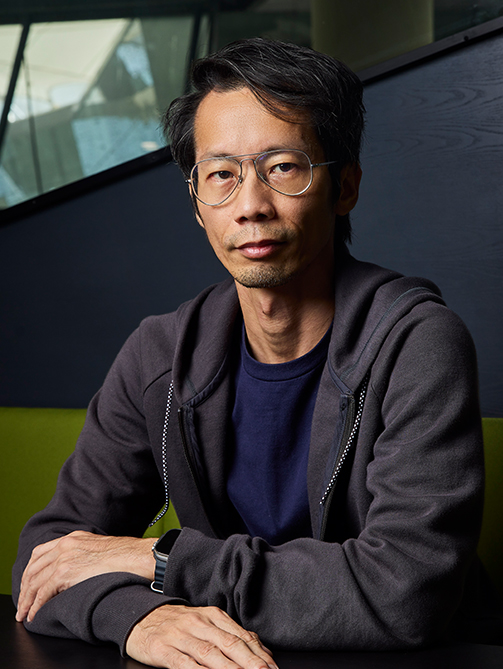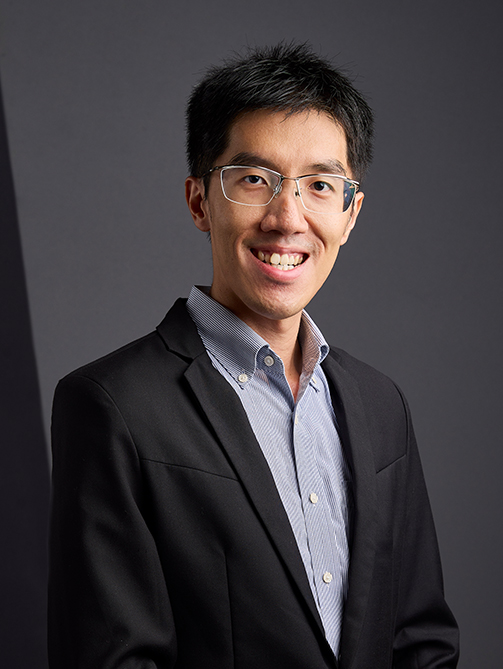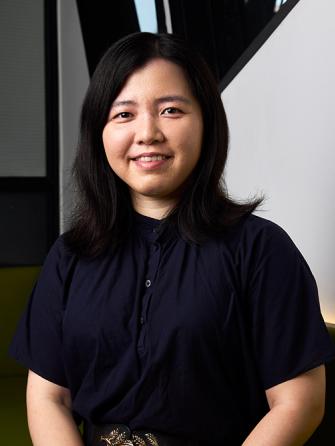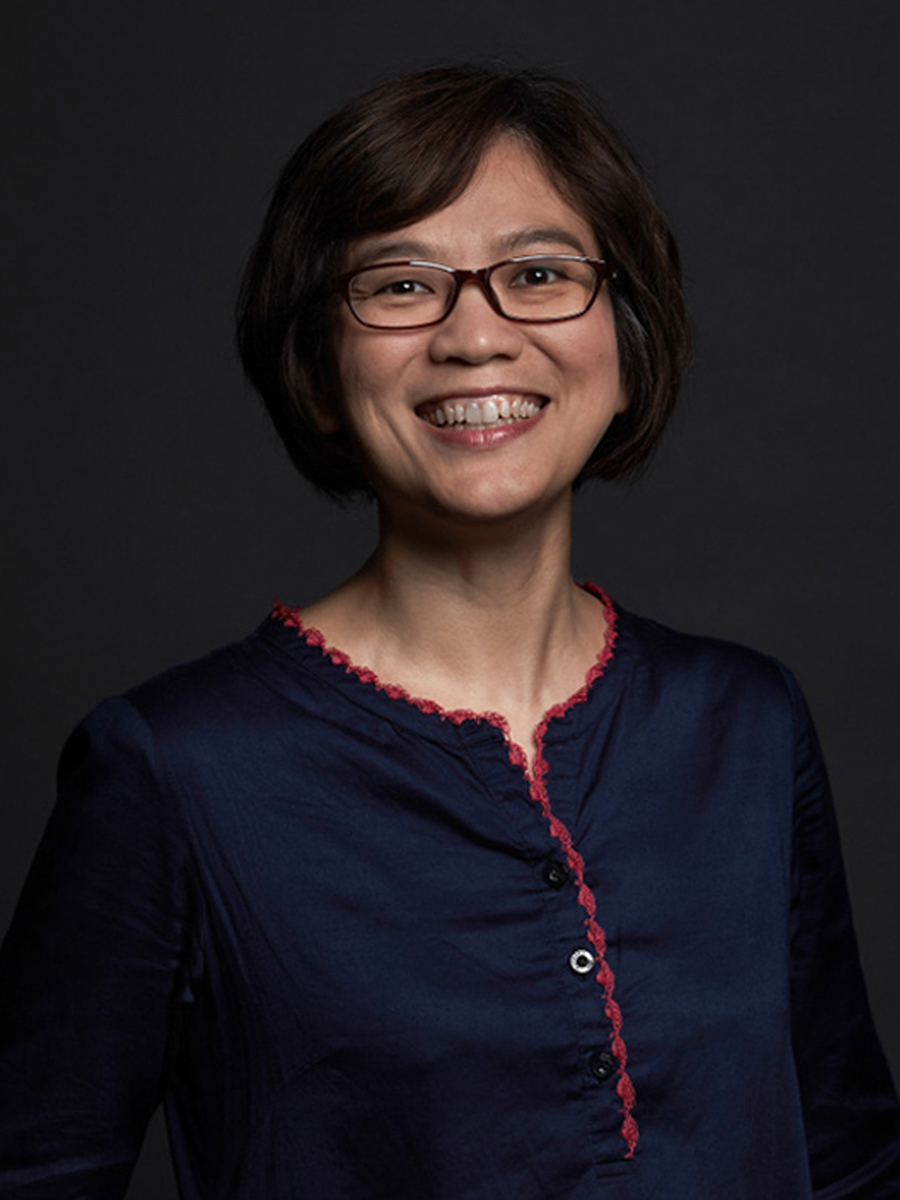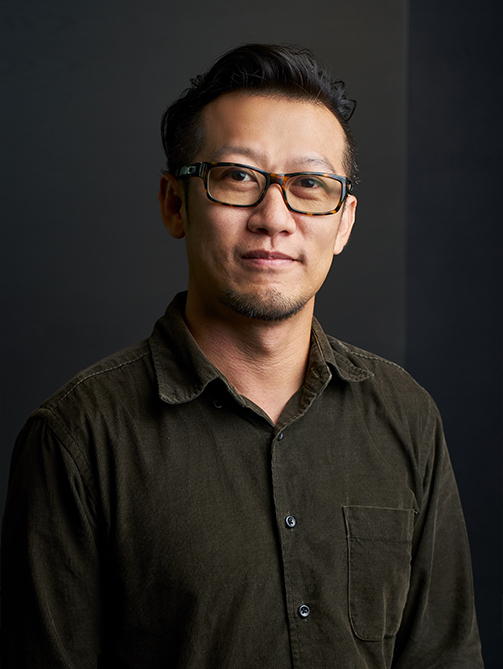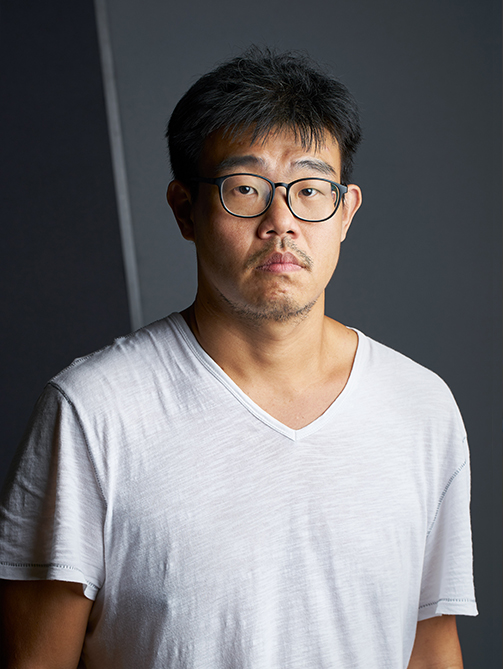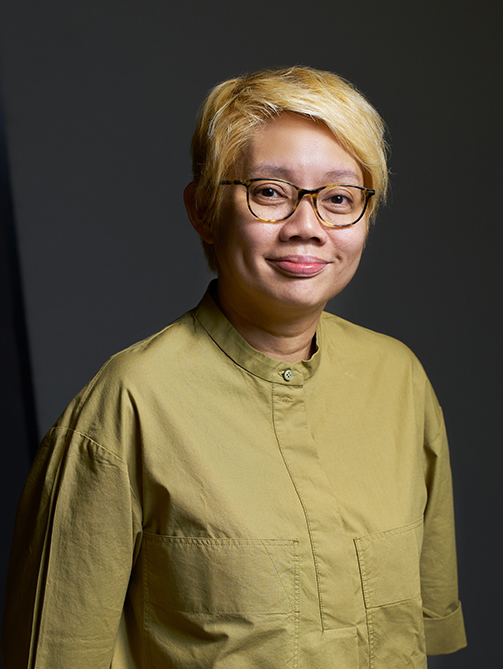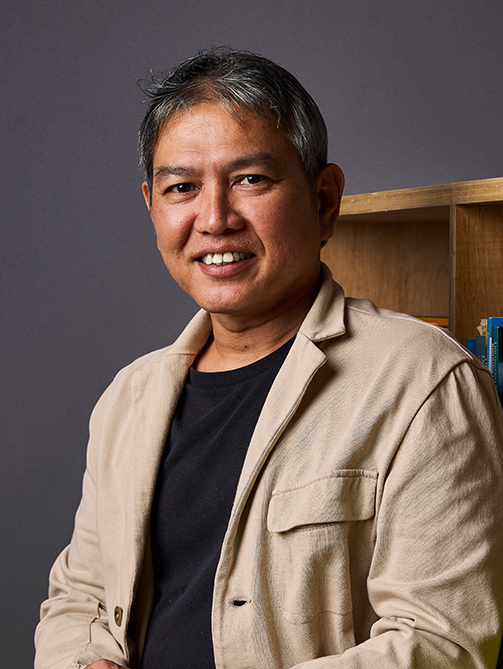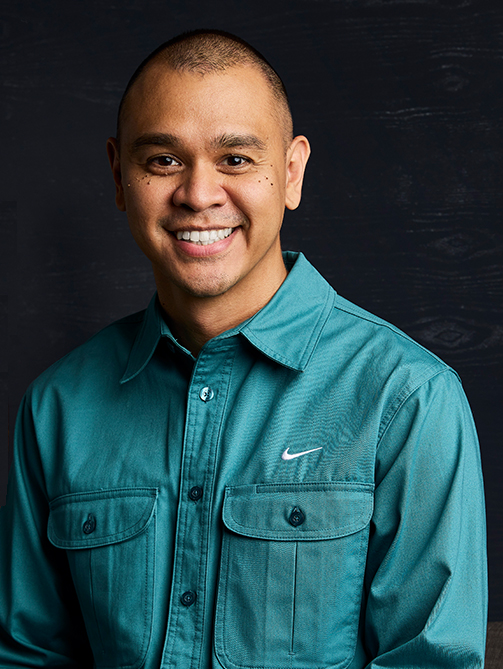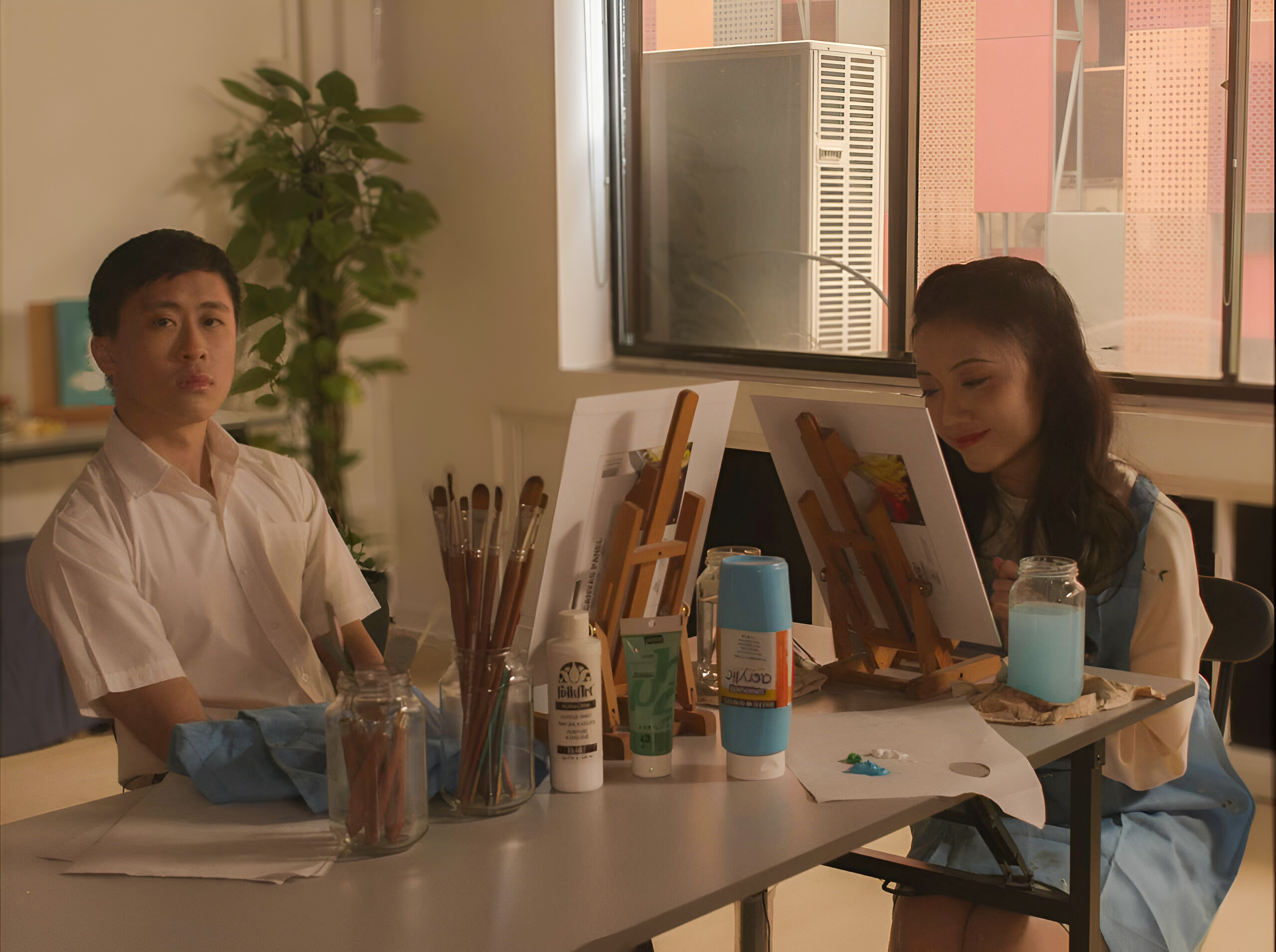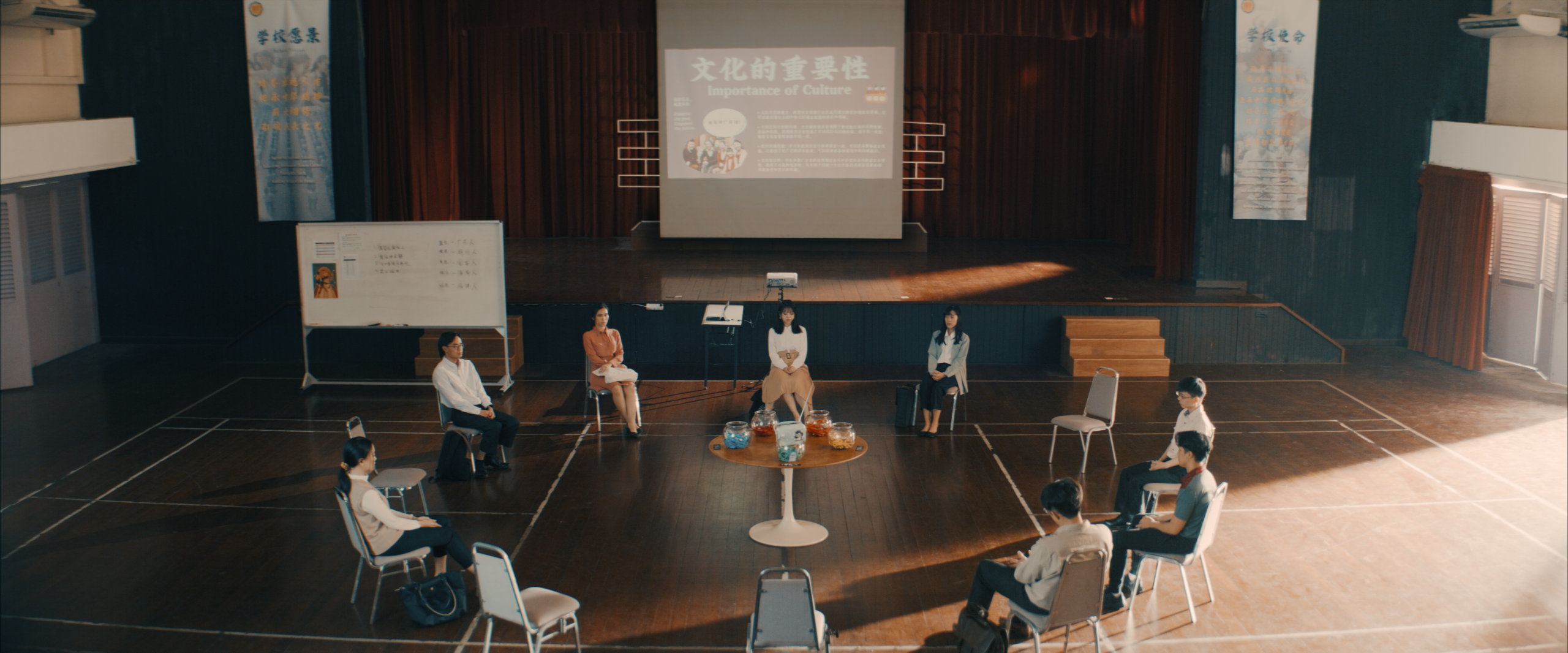Apply by 31 Jan 2026
Application outcomes will be announced by 18 Mar 2026
Applications will close once the programme seats have been filled up. Please note that the timeline provided serves as a general guide. Actual outcome release dates may vary.
For local applicants only:
Shortlisted applicants will be contacted for an interview from Feb 2026 onwards.
Application outcomes will be announced progressively by May 2026.
Programme details
Unleash your creativity and let imagination come to life.
This programme at the Puttnam School of Film and Animation is uniquely situated within a rich and diverse creative arts environment that prides itself on nurturing the creative potential of its students.
As a student, you have the power to create something truly extraordinary. Your imagination knows no bounds, and your ideas can change the world. Whether it’s a short film, documentary or animation, your work has the potential to inspire, educate and entertain audiences around the globe.
The comprehensive curriculum will equip you with the necessary skills, knowledge and opportunities to develop and produce animated content for a range of platforms and sectors. Our interdisciplinary approach transcends the art/technology divide, offering a learning environment that develops multifaceted flexible artists with specialised animation and broad-based creative skills.
Through a reflective artistic practice, the programme emphasises and encourages dialogue and exploration, challenging you to develop imaginative ideas suitable for animated movie and broadcast production. Our aim is to cultivate visionary individuals who will lead the creative industries by questioning established assumptions and proposing innovative and imaginative solutions.
Ultimately, you will be equipped with the thinking skills, technical knowledge and confidence to conceptualise, develop and produce amazing ideas. Join us and become the next generation of visionary artists and creative leaders.
Our graduates are working as creatives in major local studios such CraveFX, One Animation, Finding Pictures, Omens Studios, Robot Playground Media and Mighty Jaxx, and top international studios such as Industrial Light & Magic, Wētā FX, Base FX, DNEG and Ubisoft. Many have also gone on to start up their creative businesses, for example working to transform the digital media sector.
Creative expression
Technical skills
Cross-collaboration
Impactful storytelling
|
Year 1 |
||
|
Studio Practice 1: Concept Workflow |
20 credits |
|
|
Technical Studies 1: Environments |
20 credits |
|
|
Contextual Studies 1: Introduction to the History of World Cinema |
20 credits |
|
|
Studio Practice 2: Production Workflow |
20 credits |
|
|
Technical Studies 2: The Figure |
20 credits |
|
|
Contextual Studies 2: Introduction to Asian Cinema and Animation |
20 credits |
|
|
Year 2 |
||
|
Studio Practice 3: Character Animation |
20 credits |
|
|
Technical Studies 3: Specialist Skills 1 |
20 credits |
|
|
Contextual Studies 3: Form and Content - Asian Films and Animation |
20 credits |
|
|
Technical Studies 4: Specialist Skills 2 |
20 credits |
|
|
Contextual Studies 4: Reading Film - Analysis and Interpretation |
20 credits |
|
|
Studio Practice 4: Production Development |
20 credits |
|
|
Year 3* |
||
|
Dissertation |
60 credits |
|
|
Graduation Project |
60 credits |
|
*Modules in Level 3 may be offered in either semester or in both semesters. Your Programme Leader will advise you on the modules to be taken before the start of each semester. You will need to take modules equivalent to 60 credits in each semester.
- Studio project
- Technical assignment
- Pop quiz
- Written assignment
- Research proposal outline
- Dissertation
|
The LASALLE BA (Hons) framework is a curriculum model that provides you with discipline-specific solid fundamentals while supporting you to acquire a wide range of transferable skills to prepare you for the future economy and rewarding professional life. The core curriculum forms the bedrock of the creative discipline in which you will be specialising. The focal points of the core curriculum are: |
|
|
Performance/studio practice |
Through performances and studio practices, you will be able to formulate a reflective understanding of the interplay between theory and practice within your discipline. Transferable skills such as divergent and lateral thinking and problem-solving are cultivated. |
|
Techniques and skills |
You will acquire specific techniques and skills to achieve a comprehensive mastery of your discipline at the end of Year 3 to enter the respective sector you are trained. |
|
Contextual studies |
You will learn to synthesise, critically evaluate and challenge the assumptions of the various processes, structures and practices. Contextual studies will help you to understand and explain where, how and why your ideas fit in your discipline. |
|
Global experiences |
LASALLE enhances your creative practice by exposing you to socioculturally different educational settings and nurturing global citizenship. You will have the opportunity to undertake semestral exchanges with established partner institutions up to a maximum of 60 credits. |
|
Common Curriculum |
The UAS Common Curriculum supplements the core curriculum to support you in acquiring a broader range of proficiencies, thus enabling you to respond flexibly to changing professional and sector demands. These non-credit bearing graduation requirements consist of:
|
LASALLE uses a 5–point Grade Point Average (GPA) system, which will be applicable to all students admitted to Year 1 and students admitted to Year 2 of UAS programmes with effect from AY2024/25, to track students’ academic progress throughout their studies.
Students receive letter grades for each module taken. Each grade corresponds to a grade point as shown below:
| LETTER GRADE | GRADE POINT |
| A+ | 5.0 |
| A | 5.0 |
| A– | 4.5 |
| B+ | 4.0 |
| B | 3.5 |
| B– | 3.0 |
| C+ | 2.5 |
| C | 2.0 |
| D+ | 1.5 |
| D | 1.0 |
| F | 0.0 |
The Cumulative Grade Point Average (CGPA) represents the grade point average of all modules attempted by the student. A minimum CGPA of 2.00 is required for graduation.
The computation of CGPA is as follows:
All modules, including repeat attempts, are included in the computation of the CGPA with the exception of modules that are exempted or where students were absent with valid reasons.
The classification of award and corresponding CGPA requirement are as follows:
| CGPA RANGE | CLASSIFICATION OF AWARD |
| 4.50 – 5.00 | Honours (Highest Distinction) |
| 4.00 – 4.49 | Honours (Distinction) |
| 3.50 – 3.99 | Honours (Merit) |
| 3.00 – 3.49 |
Honours (Commendation) |
| 2.00 – 2.99 |
Honours |
LASALLE recognises the important role of artists and designers in creating a sustainable and caring world. The curriculum provides opportunities for students to identify and explore issues around sustainability (from ecology and global climate change to the sustainability of their own creative practices and wider cultural communities) and care (for the well-being and advancement of oneself and others).
The College actively encourages students to engage with and investigate these crucial contemporary issues as part of their studies, including through their projects, and critical and creative outputs. Through interdisciplinary learning and strong engagement with these topics, the aim is to empower students to lead the way towards sustainable practices and caring communities within the cultural and creative industries.
Basic materials for learning are provided by the College.
As a developing artist, you are required to have certain items that are personal to you and cannot be shared. Such items include books, dance shoes, rehearsal clothes, safety boots, portable musical instruments, paints, canvas, basic tools, design software, cameras, etc., that will support you through your three-year learning journey. The College does not encourage the purchase of extravagant or costly materials or equipment. Our lecturers can provide you with affordable suggestions.
You are also encouraged to have your own laptop for education. If you do not own one, computer labs are available on campus with requisite software for you to undertake your work.
There may be opportunities for you to undertake extra-curricular study trips to enhance your overall learning. Trips are not compulsory and may incur additional costs.
Concept developer, storyboard artist, texture artist, modeller, rigger, lighter, animator, compositor, editor, FX artist, illustrator or production roles in the areas of animated film and broadcast, games, publishing or social media.
Admissions information
A two-step process is put in place to determine your suitability for the programme:
- Submit a portfolio based on the requirements outlined below.
- Attend an online interview upon meeting the portfolio requirements.
Portfolio
Your portfolio should contain 10–15 pieces of original work that demonstrate your creative development and process. It should include:
- Quick observational sketches, life-drawing, still life, storyboards or any works that demonstrate your observation and drawing skills.
- A variety of 2D rendering skills, e.g. painting, photography, digital imaging.
- Additional supporting work such as 3D work (e.g. ceramics, sculptures), or multimedia work (e.g. animation, website design).
Your portfolio should consist of recently completed works. Evidence of animation is not required. Emphasis will be placed on the originality of your work (copied and fan art should be avoided). You are required to submit your portfolio online.
Notes:
– All submitted materials should be original works created by you.
– Although AI has revolutionised the world of art and design, we prefer to see work that has not been assisted with AI tools.
– Portfolios containing work copied from other sources, such as websites, magazines, films, and the work of other artists/designers, will be rejected.
Interview
Shortlisted applicants will be contacted for an online interview. During the interview, you are required to participate in a dialogue regarding the content of your portfolio. Be prepared to talk about your work, inspirations and influences. Tell us what motivates you to learn, explore and experiment in your areas of interest. You should also share how you think the programme will help you in your future career choices.
BA (Hons) tuition fees for August 2026 intake (per annum fees)^
^ With the exception of BA (Hons) International Contemporary Dance Practices (see fee table below).
** With the exception of BA (Hons) Design for Social Futures, BA (Hons) International Contemporary Dance Practices and BA (Hons) Music Business which are non-funded programmes.
* Singapore PRs and International students who choose to take up the Tuition Grant (TG) will need to make an online application and then sign the TG Deed with the Government of Singapore. Under the terms of the TG Deed, you will be required to work for a Singapore entity for a period of three years upon graduation. For more information, visit https://tgs.moe.gov.sg.
BA (Hons) International Contemporary Dance Practice tuition fees for August 2026 intake (per annum fees)
| NON-FUNDED (FULL FEES) | UK HOME FEE |
INTERNATIONAL (INCLUDING SINGAPOREANS AND SINGAPORE PR) |
| Year 1 (at London Contemporary Dance School) |
£9,535 | £22,750 |
| SINGAPOREANS AND SINGAPORE PR | INTERNATIONAL | |
| Year 2 and 3 (at LASALLE College of the Arts) |
S$22,000 | S$30,380 |
NOTE
- Funded/subsidised fees for Singaporeans and Singapore PR qualify for GST subsidy from MOE, all other fees include 9% GST in 2024.
- For non-funded programmes such as BA (Hons) Design for Social Futures, BA (Hons) International Contemporary Dance Practices and BA (Hons) Music Business, LASALLE is offering some special fee discounts for Singaporeans and Singapore PRs. Please contact [email protected] for further details.
- Fees are due on the first day of each semester.
- Fees are subject to change.
- Correct as of August 2025.
A non-refundable application fee (inclusive of GST*) is chargeable per application. Application is only complete upon receipt of your application fee and all necessary documents. Please ensure your application fee is paid and documents are uploaded. LASALLE reserves the right to withdraw the applicant if the application fee remains unpaid and documents are not received by the due date.
* GST is at 9% from 2024.
| SINGAPOREAN / SINGAPORE PERMANENT RESIDENT APPLICANTS | INTERNATIONAL APPLICANTS |
| S$75 | S$120 |
All payment to LASALLE must be made in Singapore Dollar. In line with the Singapore government's move towards a cashless society, online payments are strongly encouraged. Below are the payment modes acceptable by LASALLE.
| PAYMENT METHOD | PAYMENT MODE |
|---|---|
| Online payment |
Flywire |
Basic materials for learning are provided by the College.
As a developing artist, you are required to have certain items that are personal to you and cannot be shared. Such items include books, dance shoes, rehearsal clothes, safety boots, portable musical instruments, paints, canvas, basic tools, design software, cameras, etc., that will support you through your three-year learning journey. The College does not encourage the purchase of extravagant or costly materials or equipment. Our lecturers can provide you with affordable suggestions.
You are also encouraged to have your own laptop for education. If you do not own one, computer labs are available on campus with requisite software for you to undertake your work.
There may be opportunities for you to undertake extra-curricular study trips to enhance your overall learning. Trips are not compulsory and may incur additional costs.
Medical Insurance Scheme
All full-time students of LASALLE are required to be covered under the Medical Insurance Scheme (MIS). The annual coverage of S$20,000 includes school-related activities throughout the programme duration.
The current premium rate is $29.98 (inclusive of 9% GST) payable each semester. This premium rate is subject to change based on the prevailing premiums charged by the insurer and prevailing GST rate.
In recognition of outstanding academic excellence, leadership potential, and a passion for creativity and innovation, LASALLE offers a variety of scholarships to new and current students.
Application dates for scholarships will be reflected in the various scholarship pages. Other externally sponsored scholarships are also available to students. Enquiries and applications may be directed to the respective organisations.
Please note that miscellaneous fees are not covered by scholarships, bursaries or the Mendaki Tertiary Tuition Fee Subsidy (TTFS).
We are committed to providing a quality education for all our students, and believe that no deserving student should be denied admission because of financial difficulty.
A range of financial assistance schemes, grants and loans are made available to help meet a portion of the educational expenses of students.
Application dates for financial assistance will be reflected in the various bursary pages.
Please note that miscellaneous fees are not covered by scholarships, bursaries or the Mendaki Tertiary Tuition Fee Subsidy (TTFS).
Students who are Singapore Citizens or Singapore Permanent Residents and on Tuition Grant are eligible to apply for Tuition Fee Loan of up to 90% (degree) or 75% (diploma) of the programme fees. Application opens in October each year. Please contact the Division of Finance ([email protected]) for more details.
If this is your first time venturing into Asia, here are some of the reasons why Singapore is an ideal place for the global-minded arts student.
The College provides a dynamic learning environment that is conducive for you to pursue academic excellence and develop skills, creativity and critical reflection through a comprehensive range of student support services.
Let our appointed network of overseas representatives help you with your application.
Find out everything you need to know to ensure that your application goes without a hitch.
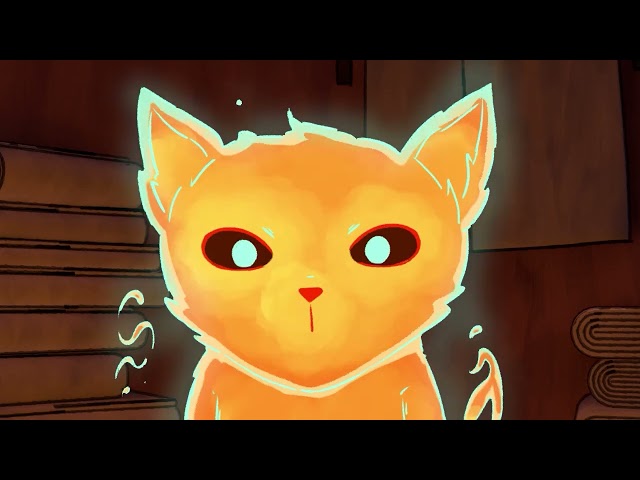
Highlights
Explore our highlights
Yugo BAFTA Student Awards
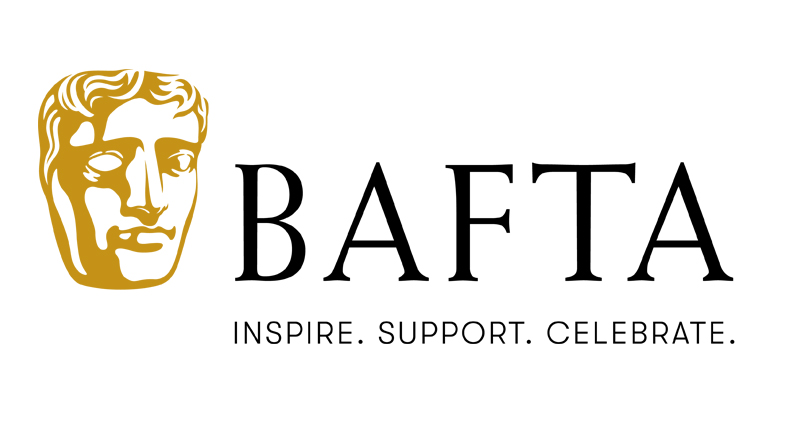
Cultural Medallion & Young Artist Award
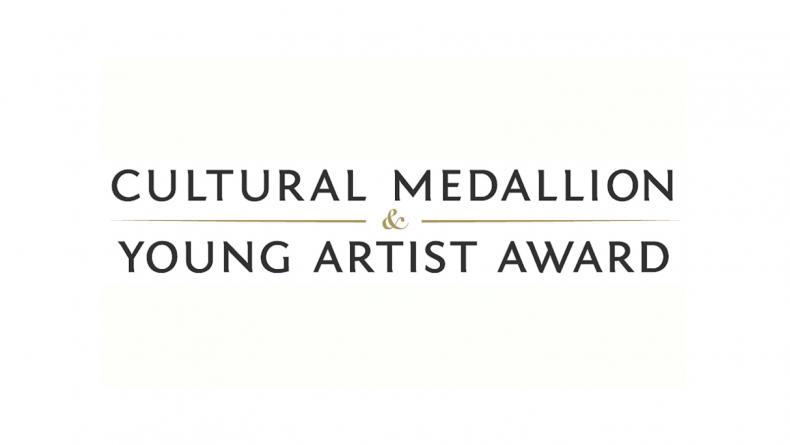
Singapore Youth Film Festival
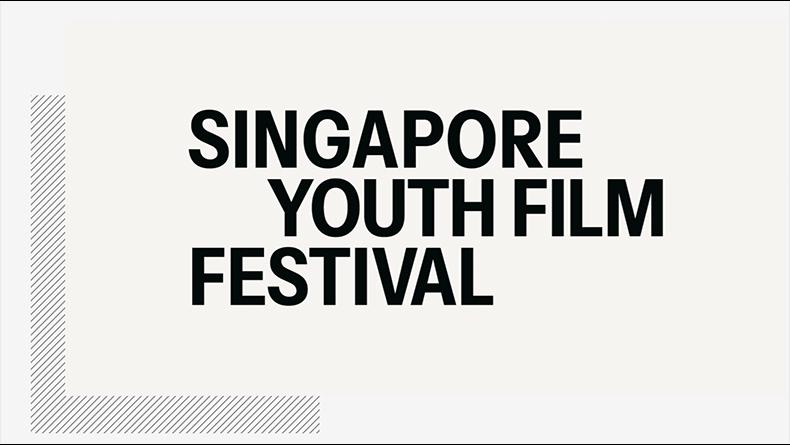
Cannes Lions International Festival of Creativity
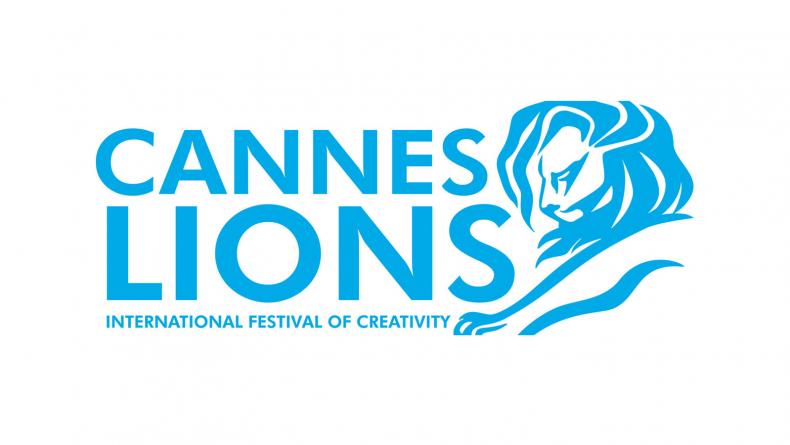
Singapore Youth Award
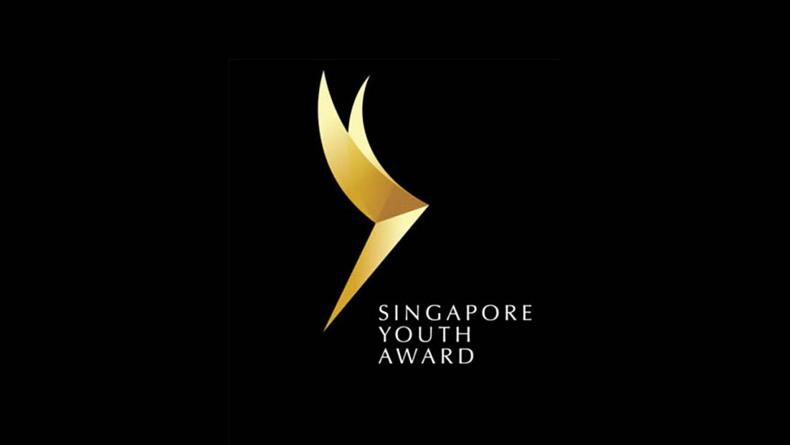
Faculty
Campus tour
